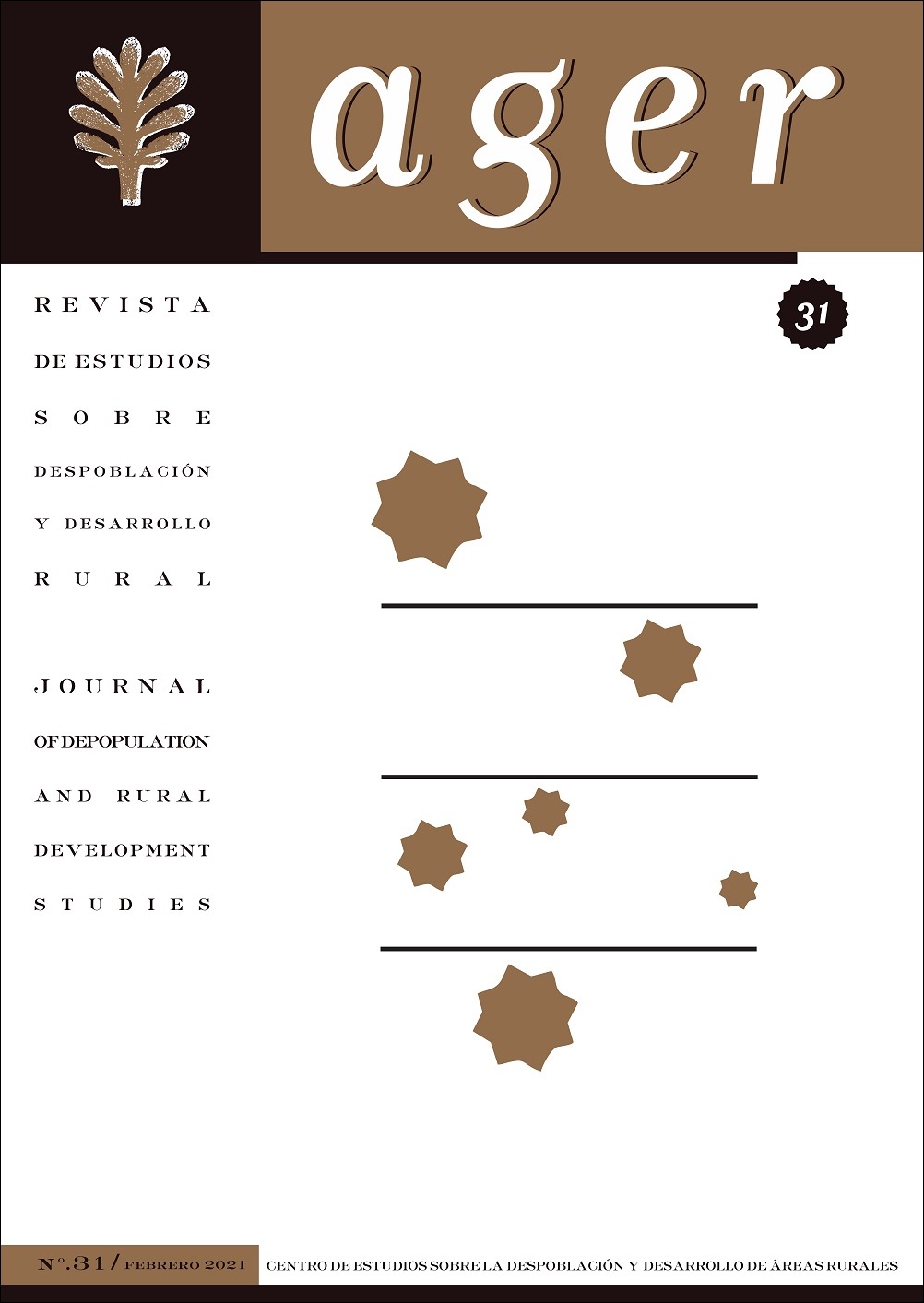Innovación social en comunidades rurales: experiencia en aprovechamiento de residuos sólidos (Cauca, Colombia)
Abstract
This paper presents the results of the project “Model of social innovation in the use of solid waste in the la Yunga and Río Hondo districts (Popayán, Cauca, Colombia)”. Through the means of community identified problems, its main goal was to promote community associative capabilities and socioenvironmental appropriation of territories in order to generate alternative methods of sustainable and sustained development. Methods such as People-centered design, Participatory Action Research and Environmental Education were applied. Results showed that social actors managed to devise, drive and deliver innovative and feasible solutions which made it possible to contribute to the objective of sustainable development and overall pollution reduction in the area. The design applied herein allowed for a collective vision to be built in order to direct community potentials and propose new forms of governance, in relevant elements of economic, social and environmental development of the rural sector. The study concludes that community efforts and their organizational capacity permitted the implementation of a social innovation model focused around the use of solid waste. This model can be replicated in rural areas at the national level, thus contributing towards the mitigation of adverse effects related to anthropic activities. Finally, community actions can influence public policies and participate in the overall transformation of local environment and territories.
Published
How to Cite
Issue
Section
License
Authors who publish in this journal agree to the following terms:
a. Authors retain their copyright and grant the journal the right of first publication of their work, which will be simultaneously subject to the Creative Commons Attribution Licence, which allows third parties to share the work provided that the author and the journal's first publication are acknowledged.
b. Authors may enter into other non-exclusive licensing agreements for the distribution of the published version of the work (e.g., depositing it in an institutional repository or publishing it in a monographic volume) provided that the initial publication in this journal is acknowledged.
c. Authors are permitted and encouraged to disseminate their work via the Internet (e.g. in institutional digital archives or on their website), which may lead to interesting exchanges and increase citations of the published work. (See The effect of open access).

